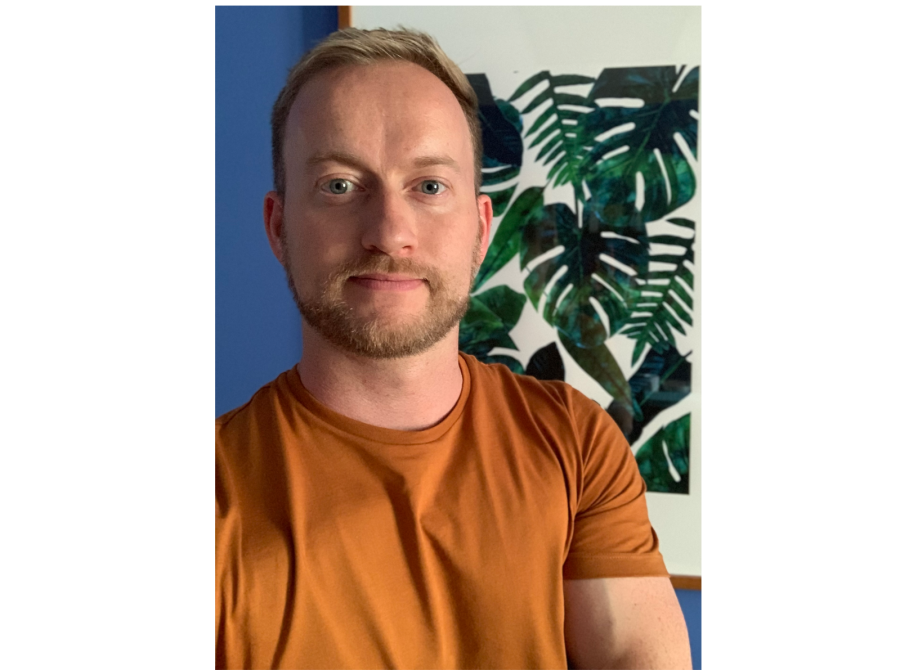(Mis)understanding gendered conflict: Marriage and women’s empowerment in northern Tanzania

Few would disagree that marital relationships are central to women’s empowerment worldwide yet our understanding of gendered conflict in marriage remains clouded by ethnocentric bias, weak methodology & 'policy-based evidence'. Here, grounded in the theoretical framework of human behavioural ecology, Dr David Lawson will present a case study of marriage and women’s well-being in northern Tanzania, countering widely held assumptions about polygyny, 'child marriage' and the large spousal age gap. Dr Lawson’s results suggest that these practices are best understood as products, rather than root causes of gender inequality, often reflecting the strategic interests of girls and women navigating available, albeit limited options.
During the session, Dr Lawson will also explore gender ideology. Men are revealed to have variable attitudes to women’s empowerment, even within a single community, but attitudes are largely unrelated to current marital status. It is argued that achieving women’s empowerment will require a deeper theoretical engagement with the role of marriage and greater efforts to distinguish which dimensions of women’s empowerment reflect a true gendered conflict (i.e. bad for men, good for women), from those consistent with both women and men’s best interests.
Speaker
Dr David W Lawson, University of California, Santa Barbara
David Lawson is an Associate Professor of Anthropology at UC Santa Barbara, with interests in the behavioural ecology of family life and the application of evolutionary anthropology to global health issues. He has a PhD in Anthropology from University College London, and before joining UC Santa Barbara, he was a Postdoctoral Scholar at the London School of Hygiene & Tropical Medicine. His field research is carried out in Mwanza, Tanzania in collaboration with the Tanzanian National Institute for Medical Research.
Please note that the session will not be recorded
Admission
Contact